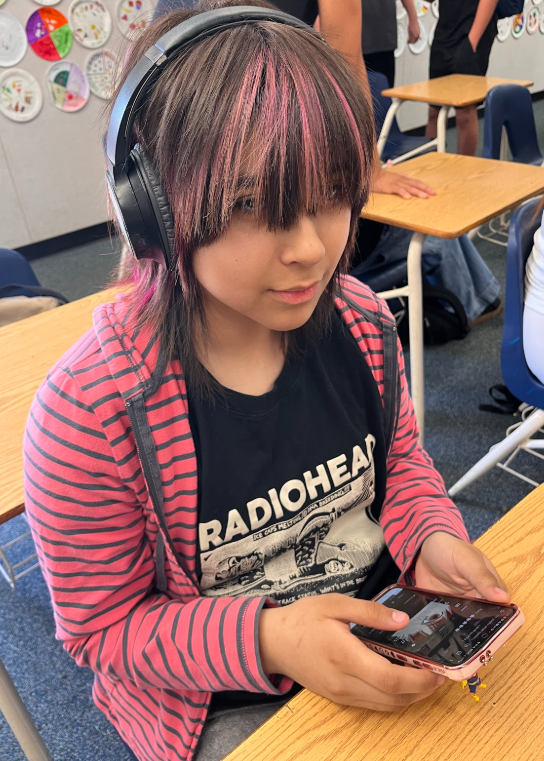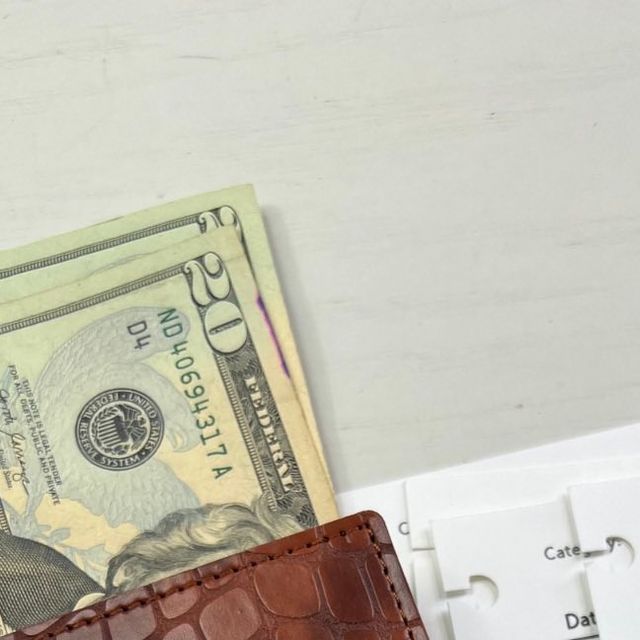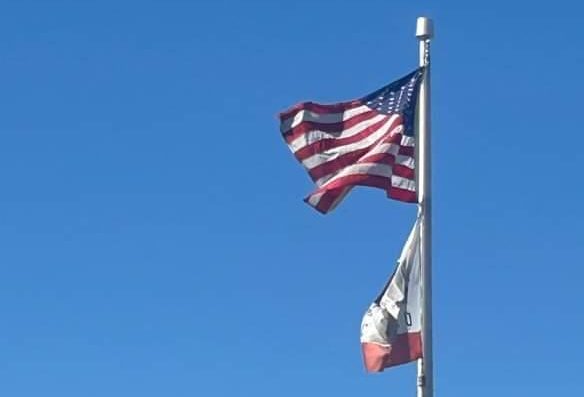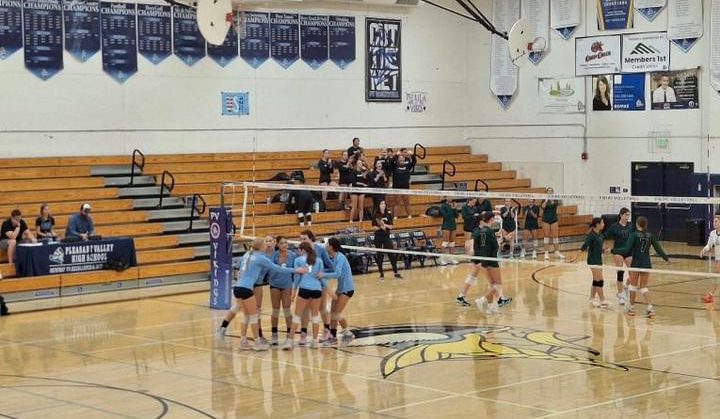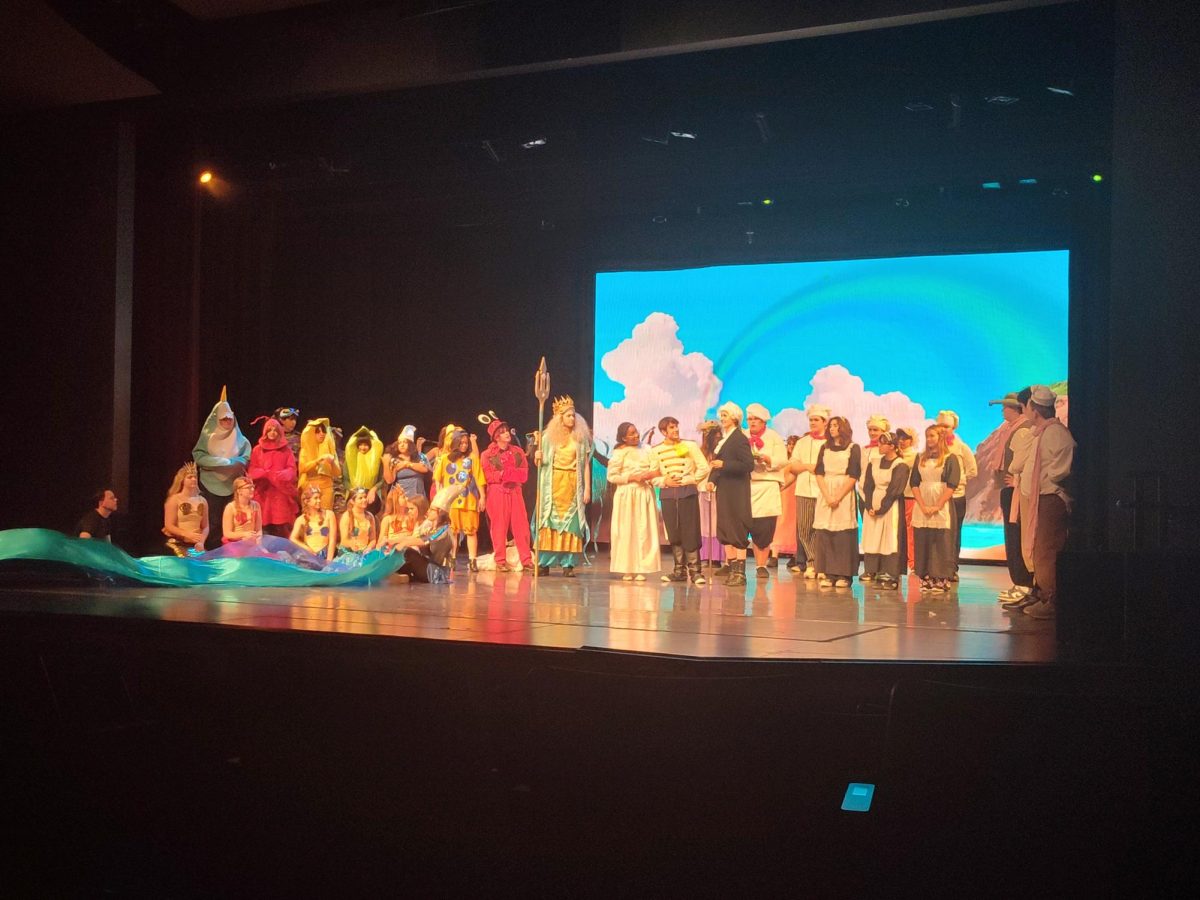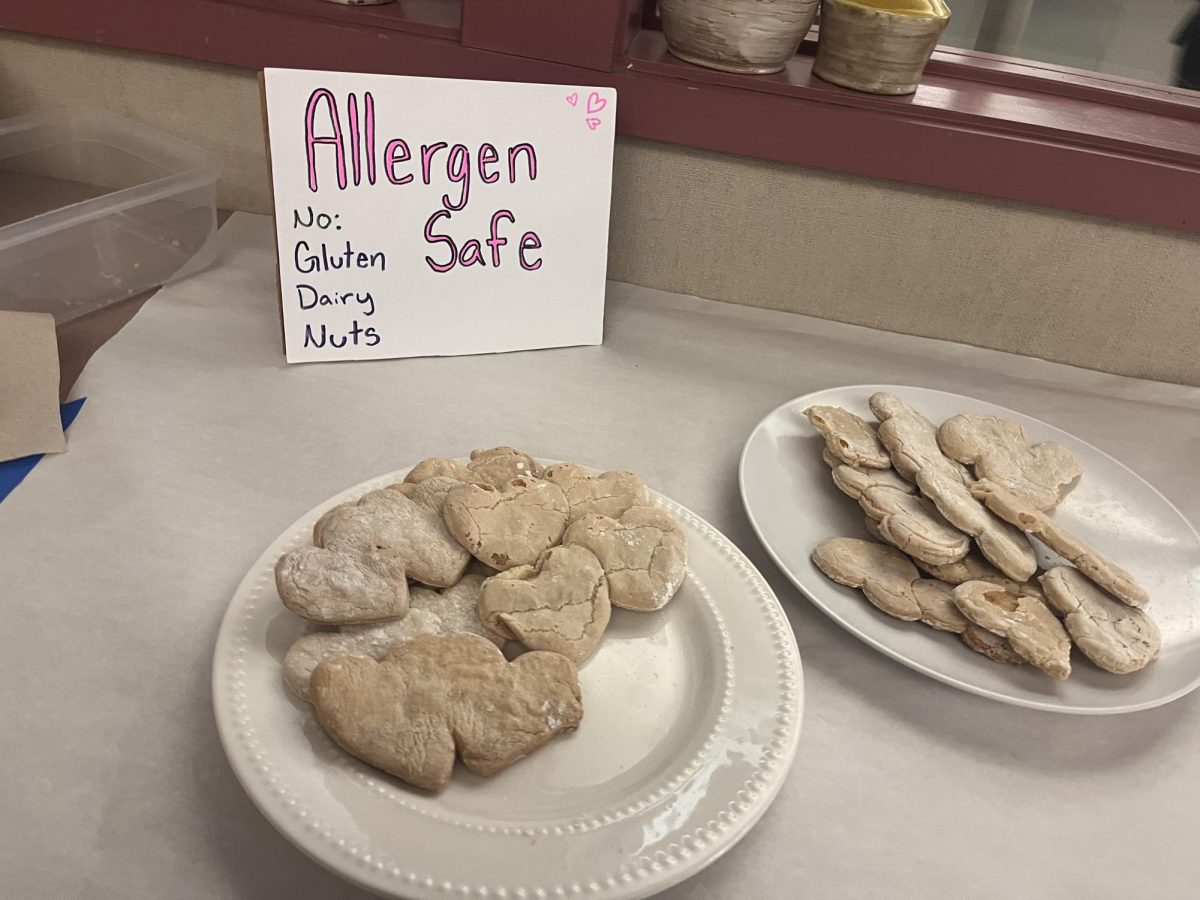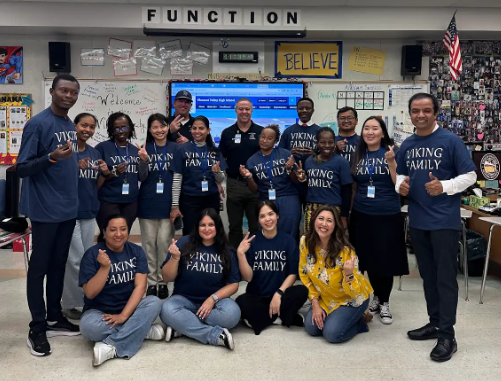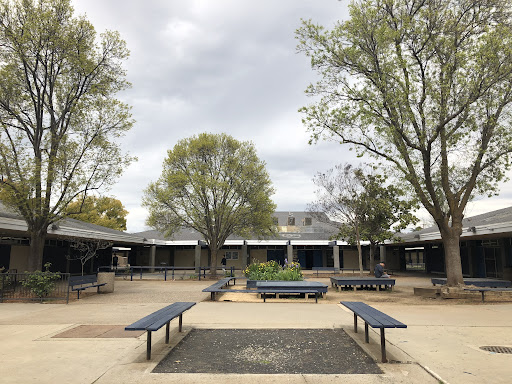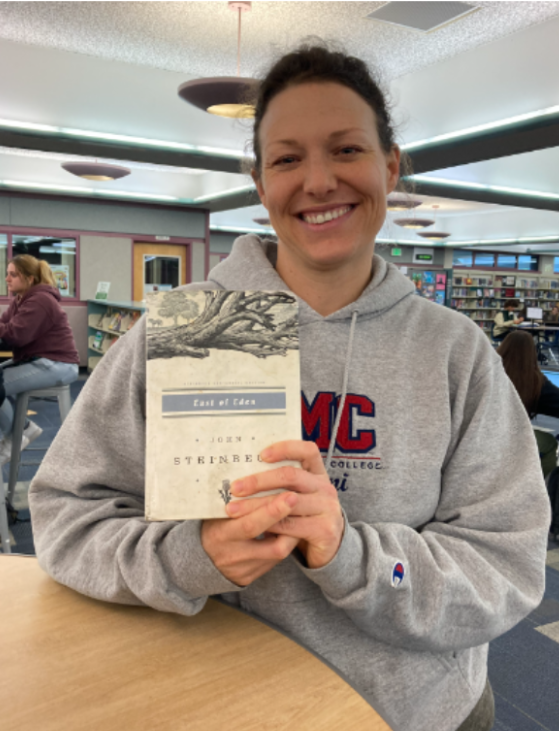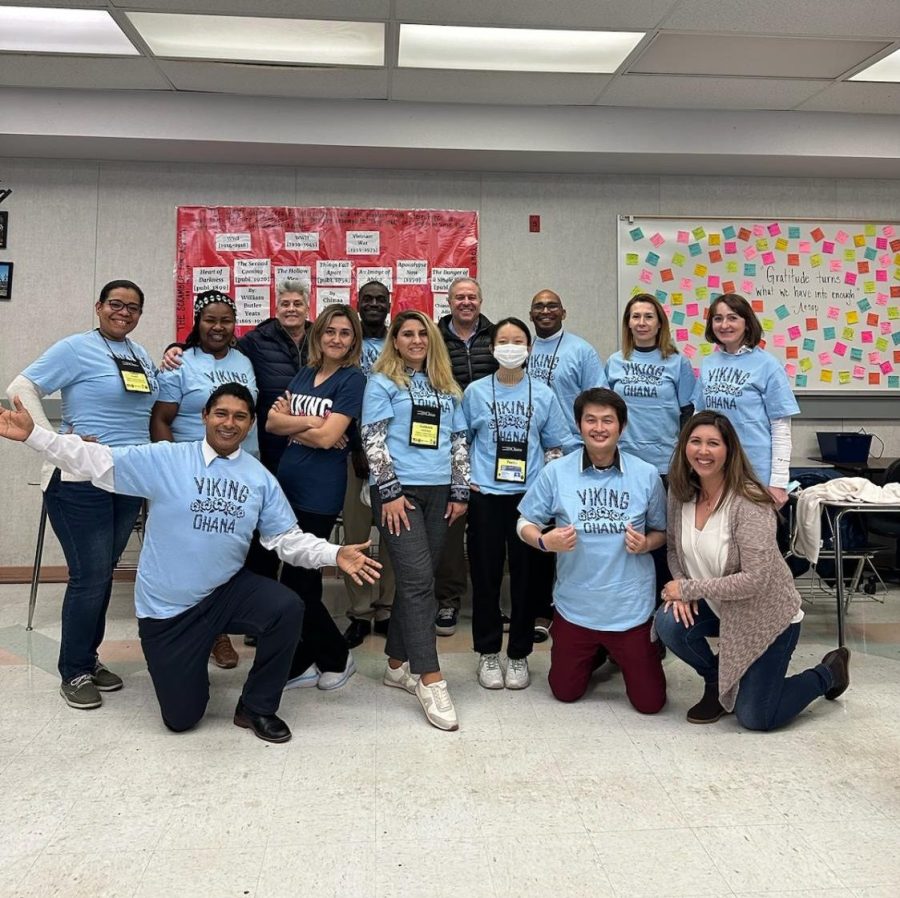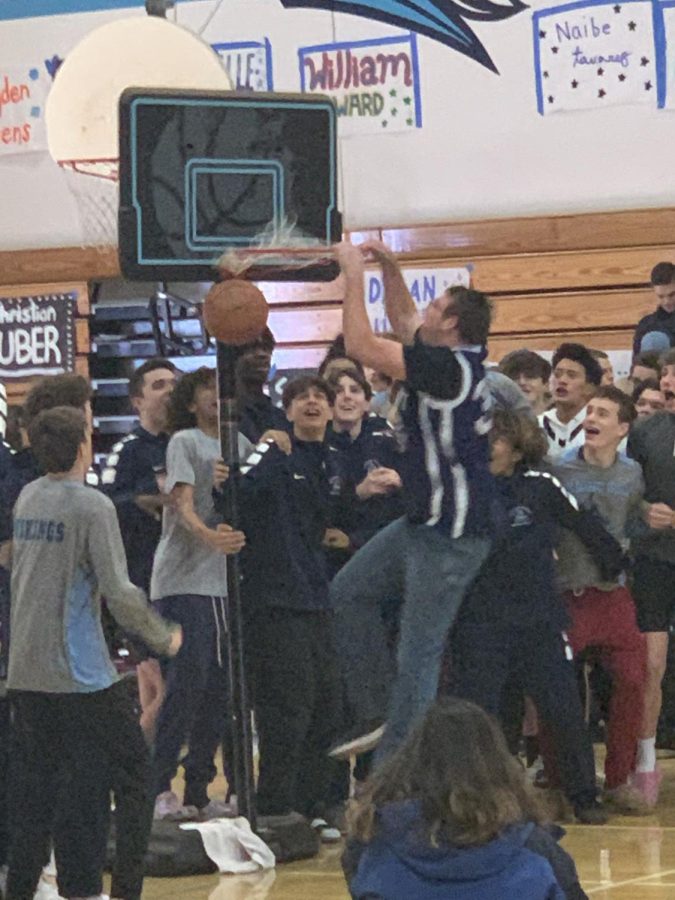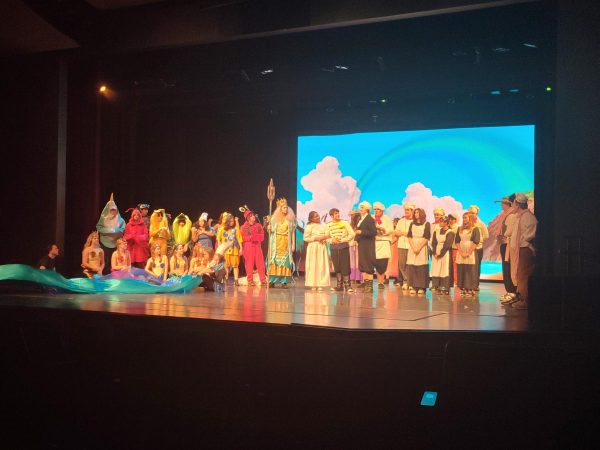FAFSA: Helping Students Since 1965
FAFSA stands for Free Application for Federal Aid. FAFSA is a form necessary to fill out to obtain financial aid from the federal government to help pay for college. Every year roughly 13 million students who apply to FAFSA are given more than $120 billion in grants. Not only is FASFA the most helpful financial aid, it’s also free to apply.
The application process for FAFSA is very easy to do. First you need to go to studentaid.gov and print and fill out the FAFSA form. Afterwards you mail it to the address stated on the form. Another way to apply is to fill out the application online. To do this you must know your Social Security number, full name, date of birth, and you and a parent must create a FSA ID. There are a few different deadlines to submit your application, but the easiest one to remember is the fall of your senior year. However, if you are applying for aid directly from a college you need to check when their specific deadline is because college dates vary from one another.
Many people have the misconception that your family has to be of low-income to apply to and receive financial aid. However, your family can make up to $200,000 a year and you will still be eligible to receive support from FAFSA. Another benefit of applying to FAFSA is that it is less expensive to back these loans than loans given from private student loans. Other programs like work-study and merit-based scholarships also require and use FAFSA to determine how much to give the student applying. FAFSA can help to cover expenses such as tuition, housing, food, books, and even transportation. There are a few things that can disqualify a student from being able to apply for financial aid. These things include misdemeanors, incarceration, or other serious crimes. Smaller offenses don’t mean that you will be incapable of receiving aid, but it does limit the amount of money and programs they can qualify for.
Speaking to a few seniors on campus shows just how important FAFSA is. Although some of them are not applying for this program, they still feel like it’s a great tool to help students who need it. None of the seniors I spoke to have applied to the FAFSA program, but they all recognize the importance that it can give students in need. And even if you may think that your family’s income may be too high to qualify, there is no harm in applying, especially since it’s free. Speaking to a couple juniors on the campus further proves how helpful FAFSA can be. Natalie Potter says that she “may not be able to pay for a 4-year college” and that applying to FAFSA will be ‘a huge help.’ Another junior on campus, Evelyn Stuerke, describes how applying to FAFSA will allow her to “go to a college outside of Chico” and allow her “to experience life out of [her] hometown.” Even if you may think that you may not qualify for FAFSA’s requirements, there is no harm in applying, especially since it’s free.


